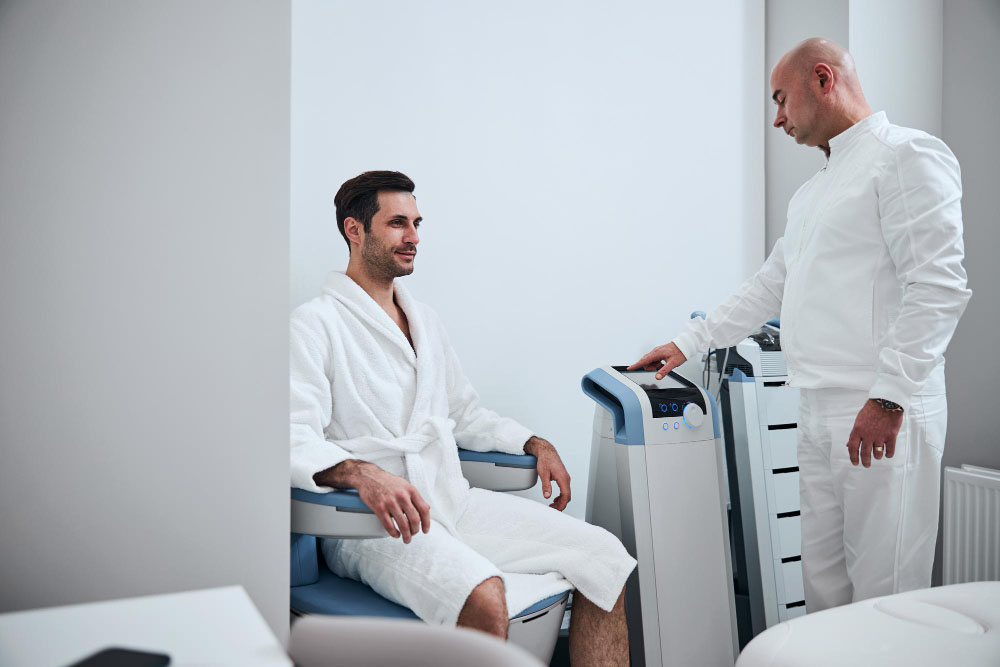The number of professions in the addiction field is projected to grow three times than the average profession in the next decade due to the increased awareness of addiction as a disease and the use of treatment over incarceration. If you are personally in addiction recovery, you may feel compelled to work in the addiction field because you will be able to empathize with clients and help people who are struggling with the same issues that you have struggled with. However, working in the addiction field is also a great option even if you are a non-recovering person who just possesses a passion for helping people.
Positions at an alcohol treatment facility include, but are not limited to• Addictions counselor and/or marriage and family therapist• Detox Nurse or other medical staff• Receptionist or residential aid• Social worker of case managerThe education needed for these positions varies from a high school diploma to a master’s degree. You can always start in an entry-level position (e.g. receptionist) to gain experience and make connections while you are going to school to earn your degree to pursue a position that requires more education (e.g. addictions counselor).
Your Education Options for Becoming an Addictions Counselor
If you are interested in helping clients find the underlying cause for their addiction and helping them work through it, becoming an addictions counselor may be for you. Addictions counselors may also help educate their clients’ families on the disease and the resources that are available to them. There are many different education paths that can lead to becoming an addictions counselor. The licensing requirements vary by state.
An addictions counselor certification with a high school diploma, associate’s degree, or bachelor’s degree is the first step in the right direction to becoming an addictions counselor. You can receive an entry-level certification to start practicing in most states with a certificate or undergraduate degree. However, those who possess at least a bachelor’s degree will have a better chance of finding a job and making a decent salary. A master’s degree will make it the easiest to obtain a position that offers a livable salary.
Since many people who struggle with addiction also have a co-occurring disorder, being a licensed clinical social worker (LSCW) or licensed professional counselor (LPC) will give you a special advantage because you will have knowledge of mental health disorders beyond addiction. In addition to earning a degree and taking the required courses, internship hours and a licensing exam are often required. Working in any position as an alcohol treatment facility offers many personal and professional benefits. Contact a local treatment center at 855-936-4435 or your state’s licensing agency to find out more.










